The Algorithm's Economic Unreality
How did Americans vote for a man who pledged to collapse the global economy? The algorithm told us to.
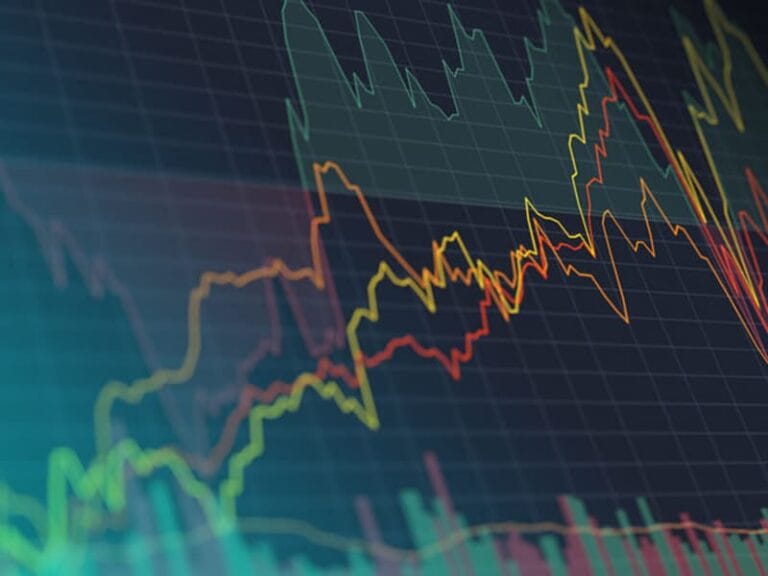
Our phones told us the economy was bad, so the economy was bad.
It was worse than that though. The algorithms on our phone’s social media apps – algorithms designed to activate or suppress certain parts of the human brain – told us in the run-up to the 2024 election that the economy was in shambles, that it had never been worse, that the United States was on the verge of an economic apocalypse without equal. We were on the precipice, staring into the void.
Reality did not reflect these claims and that did not matter. Reality, or rather unreality, is forged on the screens we stare into six or eight or twelve hours a day every day, manipulating us into keep our eyes on the never-ending stream of misinformation and never, under any circumstances, looking up. If you make the mistake of looking up from your phone's unreality, the algorithms said, do not believe what your eyes are telling you. The algorithms promised to interpret the reality we think we experienced outside the machines, and we collectively nodded and said OK.
Become a Bad Faith Times supporter today and get access to BFT videos and the BFT discord channel. You can also leave a tip!
And anyone in those weeks and months before the 2024 election who had the temerity to push back and question if we were living in the economic End Times was swiftly corrected by those who had been algorithmically grabbed by the brainstem and convinced the end was nigh. The algo’s armies marched in lockstep and with an arsenal of half truths and bad faith told the nonbeliever that they could not be more wrong; we were sleepwalking straight into the yawning jaws of economic death.

American voters went into the 2024 election fully convinced that the economy needed to be saved because it had been so thoroughly (intentionally?) mismanaged during the Biden administration. Only one man could save us from economic calamity, and that was the man who has told us for a decade that economic life in the United States was worse than it’s ever been, that carnage awaited voters if they did not change course and save the economy before it was too late. The algorithms working for this man's campaign made this unreality out of whole cloth.
This phenomenon was loosely known as the vibecession. It's a term that a healthy society could readily dismiss as internet bullshit talk. In our deeply unhealthy, internet-diseased society, it has to be taken seriously as a reality-defining mechanism. Poll after poll during the Biden administration showed Americans said their economic prospects had improved – sometimes greatly. These same Americans described the country's economy as a crater of never-ending despair. They could see that their lives and the lives of their neighbors were mostly fine; their phones told them the larger economy had completely collapsed in the years since Trump lost the presidency.
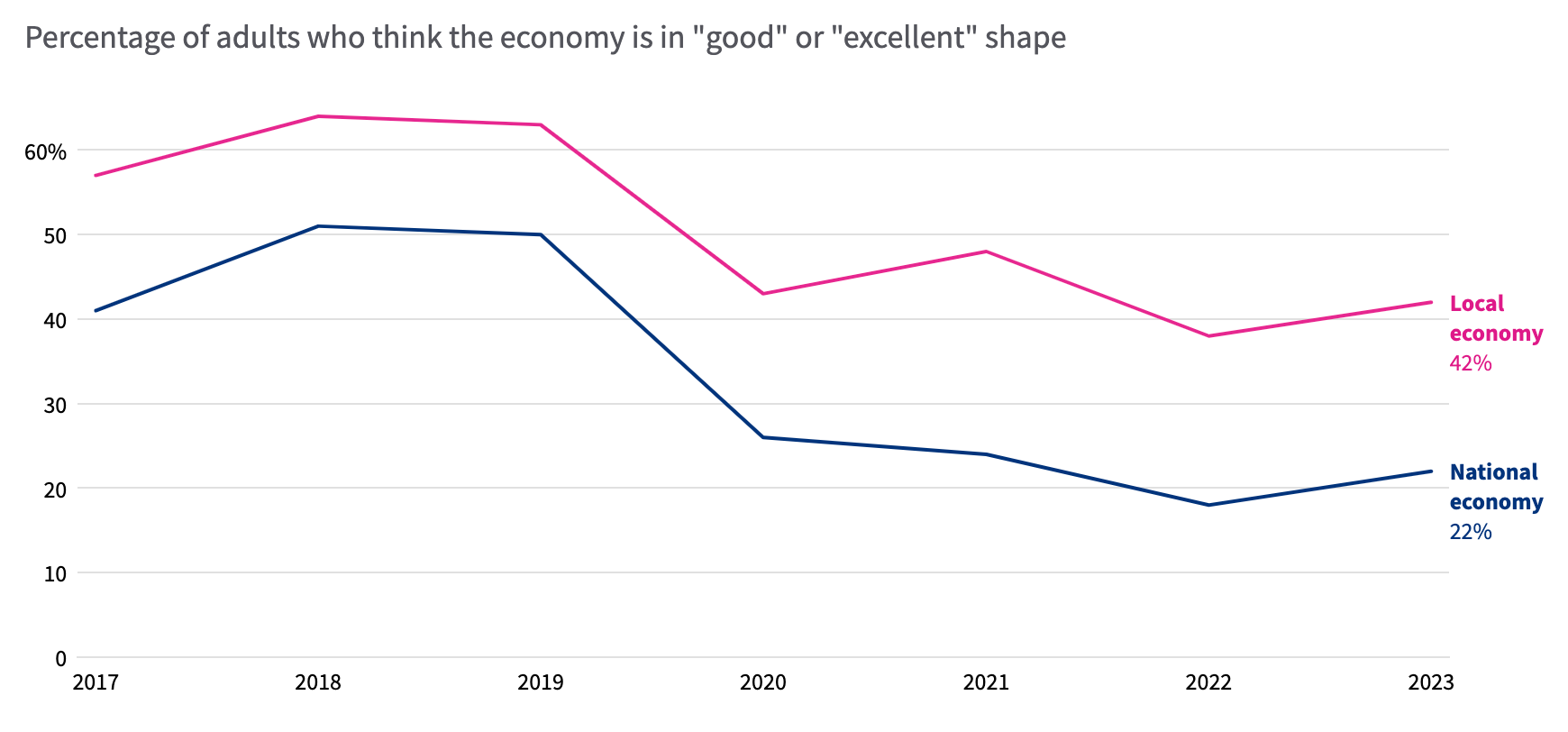
Social media companies engineered the vibecession to ensure Trump's return to power. With no actual recession in the offing – no matter how much corporate America wanted it – bad vibes were the next best option. Without the so-called vibecession, there is no second Trump term.
I was hardly immune to these insidious algorithmic tricks. Sometimes, in the months before the election, I would log on and see some context-free graphs and charts and some posts about job rates and inflation and cost of living and I would think damn, this seems bad. My hostility toward the logic of capital would also play a factor, leading me to dismiss all economic policies within a capitalist framework as basically the same. People still suffered until Democratic presidents. What’s the difference? The nihilism would compound and I would leave the algorithm convinced things were bad and getting worse and there was no exit ramp off this highway to late-capitalist hell. Capitalism was enclosing on us all. Who gives a shit.

The economic doomerism that, along with some old-fashioned trans panic, defined the 2024 election, was not at all based in actual reality, the one that exists when you put your phone in your pocket and find yourself in the actually existing world, the one where life happens.
- Start with a zoomed-out look at the U.S. economy after four years of the most progressive economic policy since the New Deal: Real gross domestic product, the theoretical total value of output in the economy, far exceeded expectations in 2023 and 2024. The US, in fact, was the economic envy of G7 nations, who had seen GDP stall in those years.
- Sales to private domestic purchasers, a key measure of economic health, had jumped considerably from lows in 2021 and 2022, when Americans were digging themselves out of Trump’s COVID disaster.
- Homeownership rates for those with family incomes less than the median recovered "to rates seen in 2006 before the Great Recession, but with greater stability and financial security among these households," according to the Center for American Progress.
- Thanks largely to new business creation, productivity in the US had seen significant gains while all other developed countries saw productivity slow or remain at current rates.
For all the panicked, alarmist headlines we got about inflation in the first years of the Biden administration, we saw very little – sometimes nothing at all, depending on your algorithm of choice – about cooling inflation ahead of the 2024 election. Inflation had gone from a peak of 7.2 percent in summer 2022 to an annualized rate of 2 percent by the end of 2024. Food prices had increased at an eye-watering 12 percent rate as of August 2022; by November 2024, that rate had plunged to 1.1 percent.
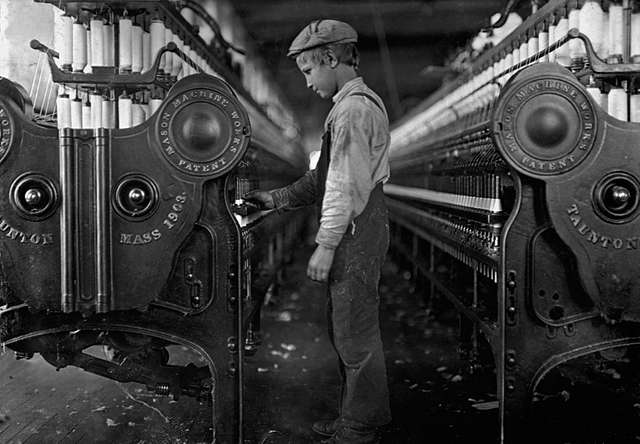
For all of the Biden administration’s failings, it has tamed out-of-control inflation. Our precious algorithms, controlled by those loyal to the fascist cause, chose not to tell us about it. Inflation was bad two years ago, the algo whispered, so it’s bad today. The machine encouraged us to economically self harm. We nodded and said OK.
Economic Misinformation Works
Today, the algorithms’ warnings about standing at the precipice ring true: The Trump regime’s coordinated efforts to destroy the global economy via self-harming tariffs has triggered a worldwide meltdown that might end when Trump backs away from his precious tariffs (this appears increasingly likely), or might go on and on until the American worker is properly humbled and reminded that they are lucky to have a job and should accept their role as a cog in a billionaire’s machine.
None of this was lost on reality-based economic analysts who had not been brain poisoned on Elon Musk’s fascist social media propaganda machine. They observed real economic conditions, looked at public economic sentiment, and saw a big fucking gap. The 2024 World Economic Forum ranked economic “fake news” as “the most severe short-term risk” to the global economy.
A recent study published by the Centre for Economic Policy Research quantified just how much impact social media algorithms have on economies. Economic misinformation “explains up to 84 percent of the one-month-ahead macroeconomic uncertainty after one year” and “contributes 50 percent of the short-run volatility of the unemployment rate and still accounts for one third of its overall volatility after one year.”
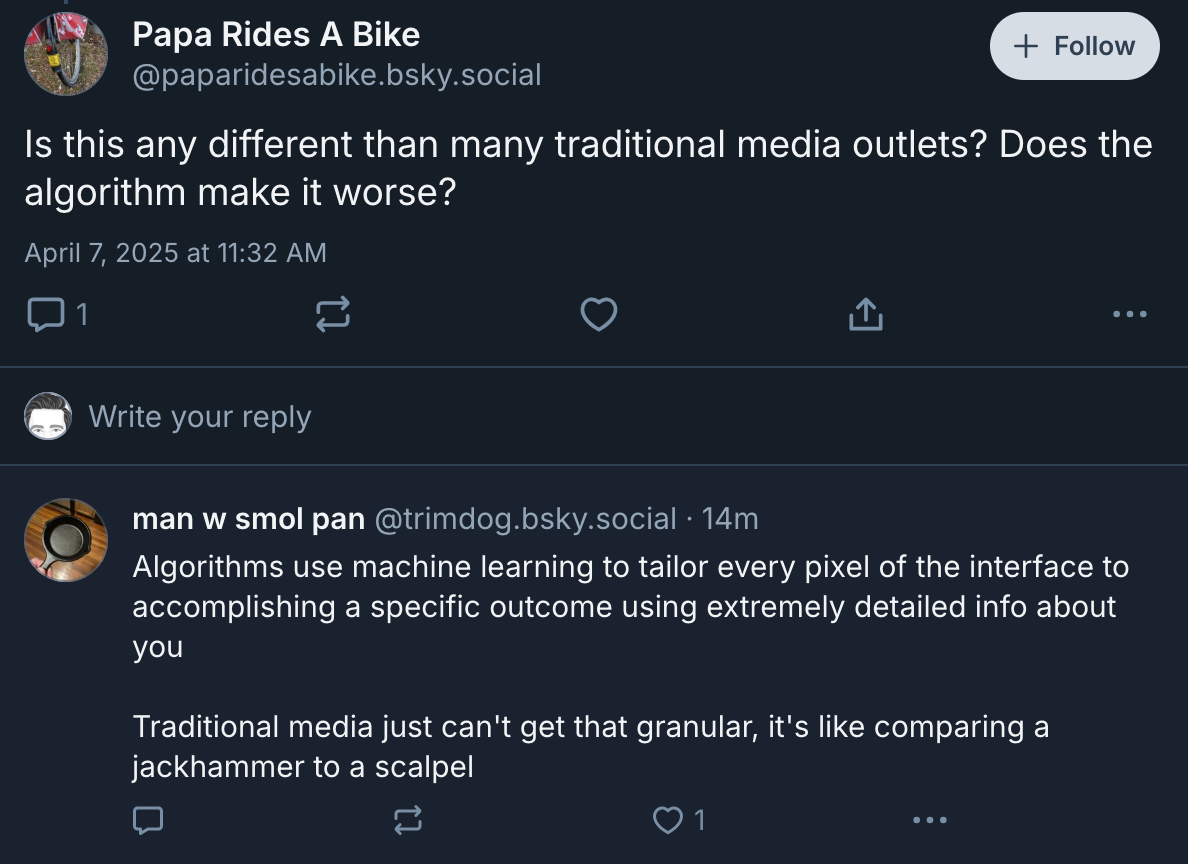
People are fearful animals. Our amygdala kicks into overdrive when what we’ve acquired is threatened, even temporarily. It’s no big surprise then that negative economic information spread online has a far greater impact than positive news. “We find that fake technology news shocks with a negative tone account for a greater share of the volatility of macroeconomic uncertainty, the unemployment rate, and industrial production than those with a positive tone,” the CEPR researchers found. “Hence, fake (negative) technology news not only increases uncertainty but also instills a sense of pessimism that positive fake news fails to counteract.”
It’s why we had an American populace, addicted to the steady dopamine drip provided by their phones, ready and willing to hand over control to an insurrectionist presidential candidate who had promised to tank the economy if elected. It was a message that won all seven swing states because it was not accurately conveyed to people whose reality is found not in their actual lives, but on the timeline. We got the dopamine. We did not get the accurate information.
Add this to the list of reasons democracies need to heavily regulate social media platforms if we are to save society from the destructive whims of the billionaire class. This can't go on.
Follow Denny Carter on BlueSky at @dennycarter.bsky.social.




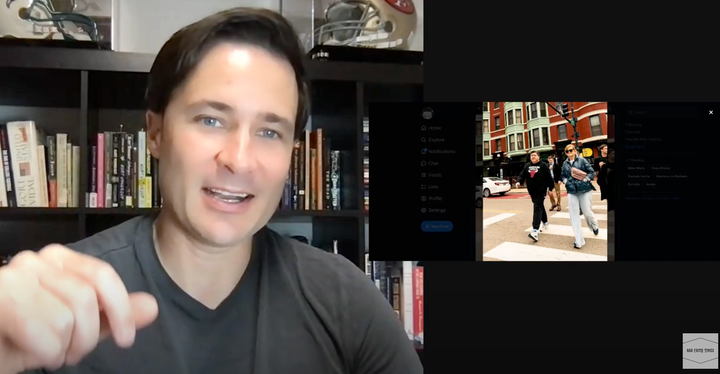

Comments ()